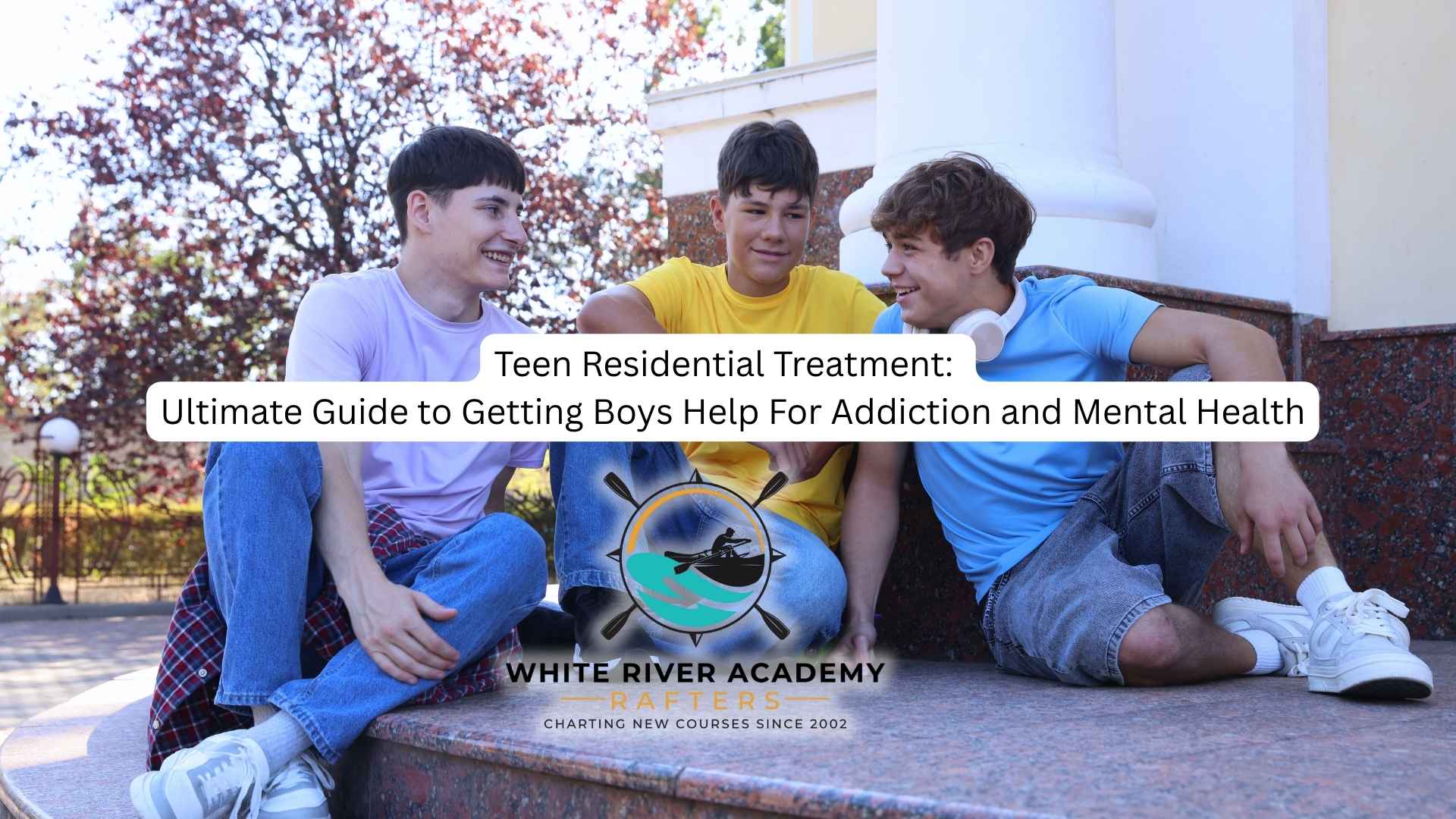Defiance during adolescence is a common concern among parents and caregivers. Behaviors such as arguing, refusing to follow rules, or pushing boundaries may escalate during the teen years due to a complex interaction of developmental, emotional, and environmental factors.
This article highlights the main signs of teen defiance and suggests some strategies for addressing it in a constructive and effective manner.
Understanding Defiant Behavior in Adolescents
During adolescence, the brain undergoes significant changes, particularly in areas responsible for decision-making, impulse control, and emotional regulation. These neurological developments, combined with a natural drive for independence, can result in oppositional or risk-taking behavior.
In some cases, persistent defiance may also indicate underlying stressors or mental health concerns such as anxiety, depression, trauma, or attention-deficit/hyperactivity disorder (ADHD). Identifying the root cause is essential in determining the most appropriate intervention.
Common Indicators of Defiant Teen Behavior
While some conflict is developmentally appropriate, certain patterns may suggest the need for professional support. These include:
- Chronic arguing or refusal to follow instructions
- Repeated rule-breaking despite consequences
- Escalated emotional reactions, including anger or aggression
- Decline in academic performance or school attendance
- Withdrawal from family, peers, or usual activities
If these behaviors persist or intensify, a comprehensive evaluation by a mental health provider may be warranted. The therapeutic program for troubled boys we provide at White River Academy in Utah offers targeted support for adolescents and families facing these challenges, using evidence-based therapies to address behavioral concerns, improve communication, and promote long-term emotional well-being.
Establishing Effective Communication
Open, respectful communication can reduce tension and help identify the motivations behind a teen’s behavior. Active listening, acknowledging what your teen says without immediate correction or judgment, encourages dialogue and reduces oppositional dynamics.
Consistent and non-reactive communication models emotional regulation when disciplining your teen, helps de-escalate conflict, and supports mutual understanding over time.

Creating Clear and Consistent Boundaries
Adolescents benefit from structure. Setting clear, consistent expectations, along with appropriate consequences, provides a sense of stability and helps promote accountability.
Involving teens in rule-setting can increase their engagement and cooperation. It may also be helpful to clarify the rationale behind specific boundaries, which supports the development of decision-making and reasoning skills.
Using Natural Consequences
Natural consequences allow teens to experience the results of their actions in a non-punitive way. For example, missing a deadline may result in a lower grade; violating curfew may lead to a temporary loss of privileges.
This approach emphasizes autonomy and accountability while reducing the likelihood of power struggles. Over time, it reinforces cause-and-effect thinking, which is an important aspect of emotional and cognitive maturity.
Encouraging Healthy Independence
While teens require boundaries, they also need opportunities to make age-appropriate decisions. Gradually increasing their level of responsibility can improve self-confidence and reduce oppositional behavior.
Monitoring should remain developmentally appropriate and aligned with individual needs, particularly if there are concerns about safety, mental health, or substance use.
Maintaining Emotional Regulation During Conflict
Responding calmly to defiance can help reduce escalation and model appropriate behavior. When necessary, it is appropriate for adults to take a break from the conversation and revisit it later when both parties are more regulated.
If parental stress levels are consistently elevated, additional support—through parent coaching or therapy—can be beneficial. Here are some damaging parenting behaviors you should steer clear from.
Final Thoughts from White River Academy
Defiant behavior in adolescents can stem from a range of developmental, psychological, and environmental factors. Addressing these patterns requires a structured, evidence-based approach that prioritizes consistency, emotional regulation, and clear communication. When defiance begins to interfere with daily functioning, academic performance, or safety, a comprehensive mental health evaluation may be appropriate.
White River Academy offers a program for troubled adolescent boys in Utah which is heavily focused on behavioral health and family support. Our team provides individualized, research-informed care to help teens develop healthier coping strategies, improve relationships, and strengthen emotional and cognitive development.




